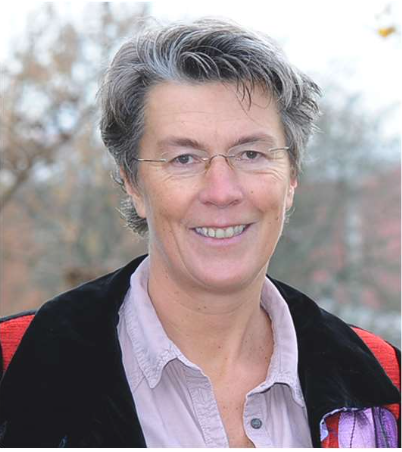This overview illustrates that sexualized violence affects individuals and structures within society in different ways. Even if the present can be characterised by a more conscious discussion of the topic, sexism and sexualised violence shape social roles and opportunities in direct and subtle forms. The more people believe that women should have different social roles than men and that men with high social status are more competent than women, the lower is gender equality in society. A modern, subtle form of sexism is the denial of discrimination against women. An even more subtle form is benevolent sexism characterized by an apparently positive cavalier attitude towards women. Nonetheless, benevolent sexism is related to hostile sexism and discrimination against women – particularly women in non-traditional roles. With regard to sexual orientation, negative attitudes as well as legal and interpersonal discrimination are decreasing in many countries. Nonetheless, the presence of feared and experienced discrimination as well as hate crimes is alarming. They exist in all nations, albeit to different extents. Negative attitudes towards sexual minorities remain present in more subtle forms, including negating the need for social change processes, which is closely related to the acceptance of discrimination. Sexualised violence appears in serious forms of gender-based and sexual harassment, as does rape – and in its most extreme form rape as a means of war. The presence of these forms of violence is alarming. Even though sexualized violence and rape are legally punishable in most countries, the power to define what constitutes consensual sexuality is often externally determined. Our review on the topic of sexualized violence highlights that individual self-determination of one’s own body and sexuality as well as legal equality are indispensable prerequisites for attitudes to move away from a willingness to act in a discriminatory manner and move closer to acceptance.
Keywords: Sexism, Homosexuality (Attitudes Toward), Bisexuality, Sexual Abuse, Rape

